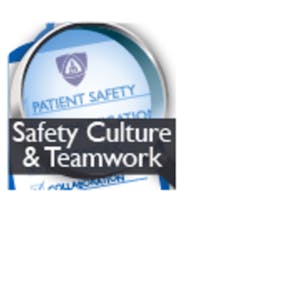Everyday Excel, Part 1
About this Course
\"Everyday Excel, Part 1\" is aimed at learners who are seeking to learn Excel from the ground up. No experience with Excel is necessary. While this course is meant for beginners of Excel, advanced users will undoubtedly pick up new skills and tools. This course is the first part of a three-part series and Specialization that focuses on teaching introductory through very advanced techniques and tools in Excel. In this course (Part 1), you will: 1) learn how to effectively navigate around the Excel environment; 2) edit and format Excel worksheets; 3) implement basic to advanced Excel functions (including financial, logical, and text functions); 4) learn how to manage data sets (filter, remove duplicates, consolidate data, sort data, and validate data); and 5) learn how to effectively visualize data through scatterplots, column charts, and pie charts. New to Excel? That is entirely fine! This course is meant to be fun, thought-provoking, and appeal to a wide audience. No prior knowledge in programming nor advanced math skills are necessary. The course is organized into 5 Weeks (modules). To pass each module, you\'ll need to pass a mastery quiz and complete a problem solving assignment. This course is unique in that the weekly assignments are completed in-application (i.e., on your own computer in Excel), providing you with valuable hands-on training.Created by: University of Colorado Boulder

Related Online Courses
Describe the various manifestations and effects of rejection, understanding its transformative potential as a catalyst for personal growth, and develop skills to manage it constructively, applying... more
Do you want to know why data science has been labeled the sexiest profession of the 21st century? After taking this course, you will be able to answer this question, understand what data science is... more
This Healthy Aging and Future of Cannabis Research course is designed to have you think critically about the health effects of cannabis (i.e., marijuana) in the context of inflammation, exercise,... more
Safety culture is a facet of organizational culture that captures attitudes, beliefs, perceptions, and values about safety. A culture of safety is essential in high reliability organizations and is... more
Prepare for a career in the field of quality and process improvements and learn in-demand skills like Lean and Six Sigma methodologies and the DMAIC framework to get job-ready in less than 4... more








